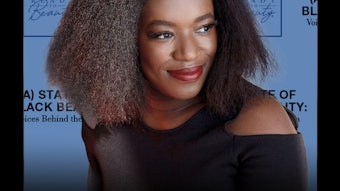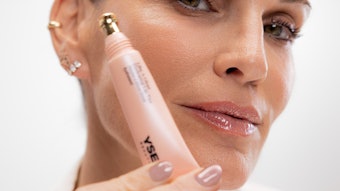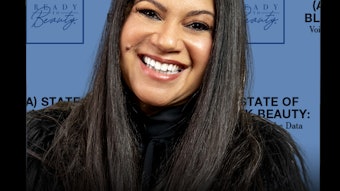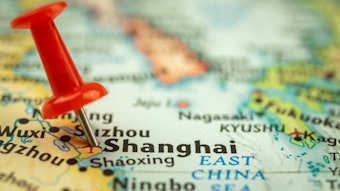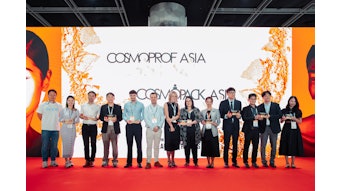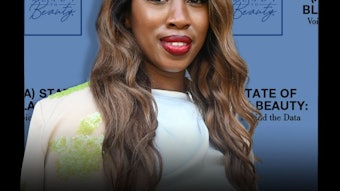- The market for fair-trade beauty products remains relatively untapped, but a recent survey by Globescan revealing that 31% of U.K. consumers are interested in purchasing cosmetics carrying a fair-trade mark demonstrates the potential.
- The conditions for fair-trade labeling are all ingredients in the product that can be, must be fair-trade certified, and companies must have a trading partnership plan in place outlining how they will additionally support producers to develop their businesses and communities.
The roots of the fair-trade movement can be traced back more than 30 years to the Netherlands, where the first fair-trade labeling initiative was established to help import coffee under fair-trading terms. Since the launch of fair-trade in the U.K., it has grown into a broad-based social movement—bringing together a coalition of nongovernmental organizations, businesses and consumers, all seeking to make a positive impact toward the eradication of global poverty. The vision behind fair-trade is of a world in which justice and sustainable development are at the heart of trade structures and practices so that everyone, through their work, can maintain a decent and dignified livelihood and develop their full potential.
Fairtrade Labelling Organizations (FLO) International is an association that unites 23 fair-trade producer and labeling initiatives across Europe, Asia, Latin America, North America, Africa, Australia and New Zealand.
In the U.K., the Fairtrade Foundation is an independent certification body and registered trademark of FLO International, which licenses the use of its fair-trade mark on products that meet international fair-trade standards. This independent consumer label is now recognized by 70% of U.K. consumers, and appears on products as a guarantee that disadvantaged producers are getting remunerated at a level appropriate to their work.
FLO International and its members have been working for several years on developing a policy for the labeling of beauty products containing fair-trade certified ingredients. In June 2009, the Fairtrade Foundation announced the first beauty products to be fair-trade certified. The new fair-trade products include lip balms, face masks, body butters and shower gels, and brands such as Lush,* Neal’s Yard, Boots, Essential Care and Bubble & Balm have launched products containing one or more fair-trade certified ingredients—notably cocoa butter, shea nut butter, sugar and brazil nut oil that benefit farming communities in countries in Africa, Asia and North America.
The Fairtrade Foundation maintains that there is enormous potential for fair-trade beauty products. A recent survey by Globescan revealed that 31% of U.K. consumers said they are interested in purchasing cosmetics carrying a fair-trade mark. “Our research shows that nearly half of U.K. consumers are ethically active, with high expectations of corporate responsibility and 77% believe independent certification is the best way to verify a product’s ethical claims,” says Harriet Lamb, executive director of the Fairtrade Foundation As many beauty products are mainly water-based, the Fairtrade Foundation has set minimum threshold levels to give farmers the greatest opportunity and to open up fair-trade labeling to more than half the total beauty market. This permits a wide range of products to be formulated containing fair-trade ingredients and their derivatives, including best-selling volume lines and products that can only contain small amounts of natural ingredients.
There are two conditions for fair-trade labeling:
- all ingredients in the product that can be, must be fair-trade certified; and
- companies must have a trading partnership plan in place outlining how they will additionally support producers to develop their businesses and communities.
Going forward, there is a market opportunity within the beauty industry for producers of existing fair-trade certified ingredients such as honey, sugar and shea butter; and derivatives of certified ingredients such as cocoa butter, brazil nut oil and sesame seed oil—plus potential for new ingredients, including beeswax and coconut oil. And this potential, judging by the market success and consumer desire for natural and organic products, is good. By opening the beauty market of fair-trade labeling, the number of fair-trade labeled products on the market will increase and reaching consumers who are keen to lead a fair-trade lifestyle.
Imogen Matthews is a consultant to In-cosmetics. For more information, contact www.imogenmatthews.co.uk.
